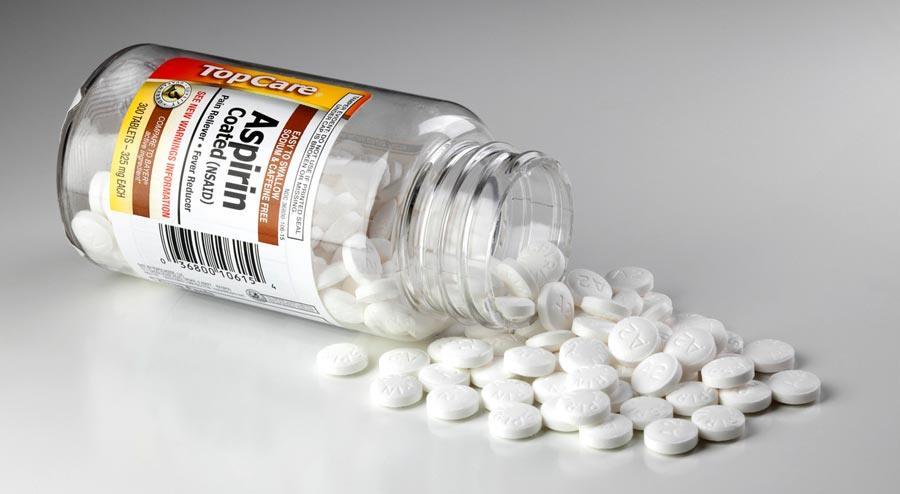This post contains references to products from one or more of our advertisers. We may receive a small commission at no extra cost to you should you make a purchase of any these products.
Mikael Ekvall is a name that’ll live forever in history—but not for the reason you may think!
In fact, whether you realize it or not, you know exactly who Michael Ekvall is.
He is someone who wish he knew how to stop runners trots.
Yes this Swedish runner pooped his pants right in the middle of a half-marathon.
Pictures of him running with a brown liquid running down his legs were posted all over the Internet.
Unfortunately that can become branded in our brains.
But let’s be honest.
If you’ve ever gone on a run or nailed a hard workout, there’s a good chance you were hit with sudden bowel movements or even diarrhea.
What gives?
Why does this happen?
What can you do to avoid doing an Ekvall other than go jogging with a roll of toilet paper?
There are several reasons why this can happen but most of it comes down to one reason.
Your intestines are being jolted around, which can affect your intestinal permeability.
This is the system that takes fecal matter from inside your GI tract and escorts it out of your body.
That’s when you feel your stools begin to loosen and you’re hit with, “I need to poop now!”
So, while there isn’t much you can do to control that feeling, you can follow these tips to avoid a messy situation during your next run.
Cut Back on These Foods
While fat and protein can be your friend, they can also be your foe.
Fat, protein, fiber, and fructose have all been linked to causing intestinal issues for runners. Dehydration can make this situation even worse.
As a rule of thumb, don’t have a large meal or fatty foods 2–3 hours before your run.
Cut back on high-fiber foods and foods known to cause gas, like salads, fruits, beans, and bran.
As you go about your training, keep track of your fiber level, so you can find out where your tolerable level is.
Skip the Aspirin

Aspirin may help your aches and pain but you’ll want to skip it if you’re focusing on endurance running.
A case study from Hindawi found that aspirin and ibuprofen can increase intestinal permeability, which is going to wreak havoc on your intestinal system.
Limit your aspirin and ibuprofen consumption before and after runs.
This includes Aleve, Advil, Motrin IB, and NSAIDs.
Focus on Your Form
Like we said earlier, when your stomach and intestines being jumbled around, it can certainly give you the urge to poop.
According to the American College of Sports Medicine, the average runner takes at least 1,000 strides in order to run a mile.
Think about what those strides are doing to your stomach!
Keep an eye on how much trauma’s hitting your stomach.
This can be done by monitoring how hard your body is bouncing around with each one of your strides.
If you have one of the Garmin Forerunner watches or the Lumo Run, check out the vertical oscillation option to help you cut back on internal trauma.
Pay attention to your leg exercises during strength training, too.
Do more squats and lunges, and do them more slowly, to strengthen your legs.
This will help you organically bounce-less.
Plan Out Your Coffee Breaks
We all love a good cup of coffee, especially Bulletproof coffee, which can help us perform better and longer on runs. The key here is all in the timing.
If you’re looking to boost your performance without affecting your bowels, aim for an hour or more before your run.
This way, you’ll be able to get rid of anything in your system and still have the caffeine jolt to power you through your run.
Wear Comfortable Clothes

There’s nothing worse than feeling like your shorts are going to cut right through your waist—and your stomach agrees!
If your shirt or shorts are too tight around your waist, this could restrict blood flow.
Surprisingly this too can actually make you feel like you need to poop or even cause diarrhea.
You don’t want to restrict your stomach from moving freely during a run, especially because it’s being bounced around all over the place. It needs space to breathe.
Aim to wear loose-fitting clothing that’s comfortable and breathable.
Comfort is key.
Give Yourself a Warm-Up Close to Home
Once you’ve had the experience of having bowel movements while running, it can be daunting to stray far from home.
So don’t!
Do a warm-up lap close to your house.
That way, if you need to stop for a bathroom break, you can get to your house in a hurry, then go back to your real run.
Sticking close to home can also help you determine a better pooping schedule, too.
You may notice it hits you during your run at the same time every day so you can adjust the timing of your run.
Keep track of how often it happens, what foods you had recently eaten, what time, and other important facts.
Try a Prophylactic
If nothing else seems to work, talk to your doctor about taking a prophylactic.
While it shouldn’t become a part of your daily routine, taking an over the counter anti-diarrhea medicine can be a good idea before a long race or marathon.
While you’re training, you can start taking medicine (like Imodium) and see how it works.
Start small with a half or even a quarter dose and decide what dose is the right one for you.
Once you find your dose, you’ll know exactly how much you should take before your next marathon.
Sometimes, just the idea that you have that added backup protection is enough to keep your stomach in line.
You know you’ll run into share of problems, from wildlife to needing a bathroom nearby immediately.
If you want to embrace your inner Ekvall, go for it.
It happens to runners on a daily basis.
Following these tips can greatly decrease your chances of having a poop panic mid-run or constantly thinking about how far away you are from a toilet.
Shadow or tweak these as you see fit and you’ll be back to running without any problems in no time.